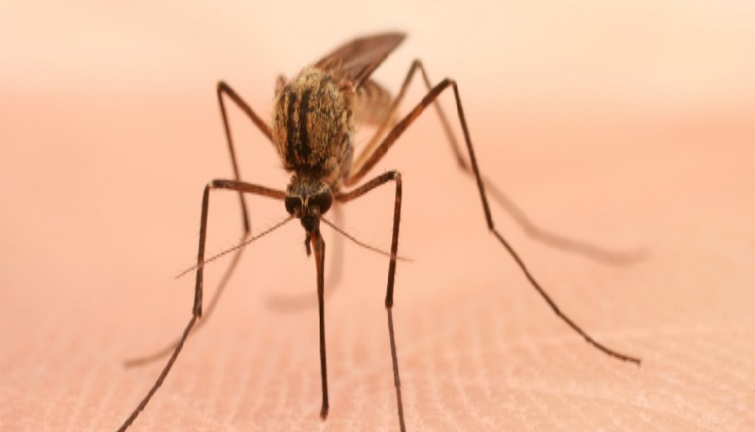One death among eight human cases of West Nile in Michigan

LANSING — The Michigan Department of Health and Human Services (MDHHS) today confirmed eight human cases of West Nile virus (WNV) for 2018. Eight cases of WNV have been confirmed; one resident of Berrien County, one resident of Kent County, one resident of Oakland County, and five residents of Wayne County including one death. All but one have been hospitalized with neurologic disease. In addition to the eight human cases, three Michigan blood donors have had WNV detected in their blood.
“As the fall approaches, it’s vital to remember that mosquito bite protection should continue until the weather significantly cools,” said Dr. Eden Wells, Chief Medical Executive at the MDHHS. “It only takes one bite from an infected mosquito to cause a severe illness, so take extra care during peak mosquito-biting hours, which are dusk and dawn for the mosquitoes that transmit West Nile virus.”
Surveillance for mosquito-borne diseases is being conducted by several agencies, including the MDHHS, the Departments of Natural Resources (MDNR) and Agriculture and Rural Development (MDARD) and local health departments. In 2018, WNV activity appears to be statewide in Michigan. To date, 66 birds have tested positive for WNV from 21 of Michigan’s 83 counties. In addition, 74 WNV positive mosquito pools have been detected in eight Michigan counties. Finding infected birds, animals, and mosquitoes in a community is an indication of risk for human infection.
Most people who become infected with WNV will not develop any symptoms of illness. However, some become sick three to 15 days after exposure. About one-in-five infected persons will have mild illness with fever, and about one in 150 infected people will become severely ill.
Mild illness may include headache, body aches, joint pain, vomiting diarrhea, or rash. Severe symptoms of WNV are associated with encephalitis or meningitis, and may include: stiff neck, stupor, disorientation, coma, tremors, muscle weakness, convulsions and paralysis. People 60 and older are more susceptible to these severe symptoms.
Residents can stay healthy by using simple, effective strategies to protect themselves and their families. The following steps are recommended to avoid WNV and other mosquito-borne diseases:
- Maintain window and door screening to help keep mosquitoes outside.
- Empty water from mosquito breeding sites around the home, such as buckets, unused kiddie pools, old tires or similar sites where mosquitoes lay eggs.
- Use nets and/or fans over outdoor eating areas.
- Apply insect repellents that contain the active ingredient DEET, or other EPA approved product to exposed skin or clothing, and always following the manufacturer’s directions for use.
- Wear light colored, long-sleeved shirts and long pants when outdoors. Apply insect repellent to clothing to help prevent bites.
For more information and surveillance activity about West Nile virus and other mosquito-borne viruses, visit www.michigan.gov/westnilevirus.
